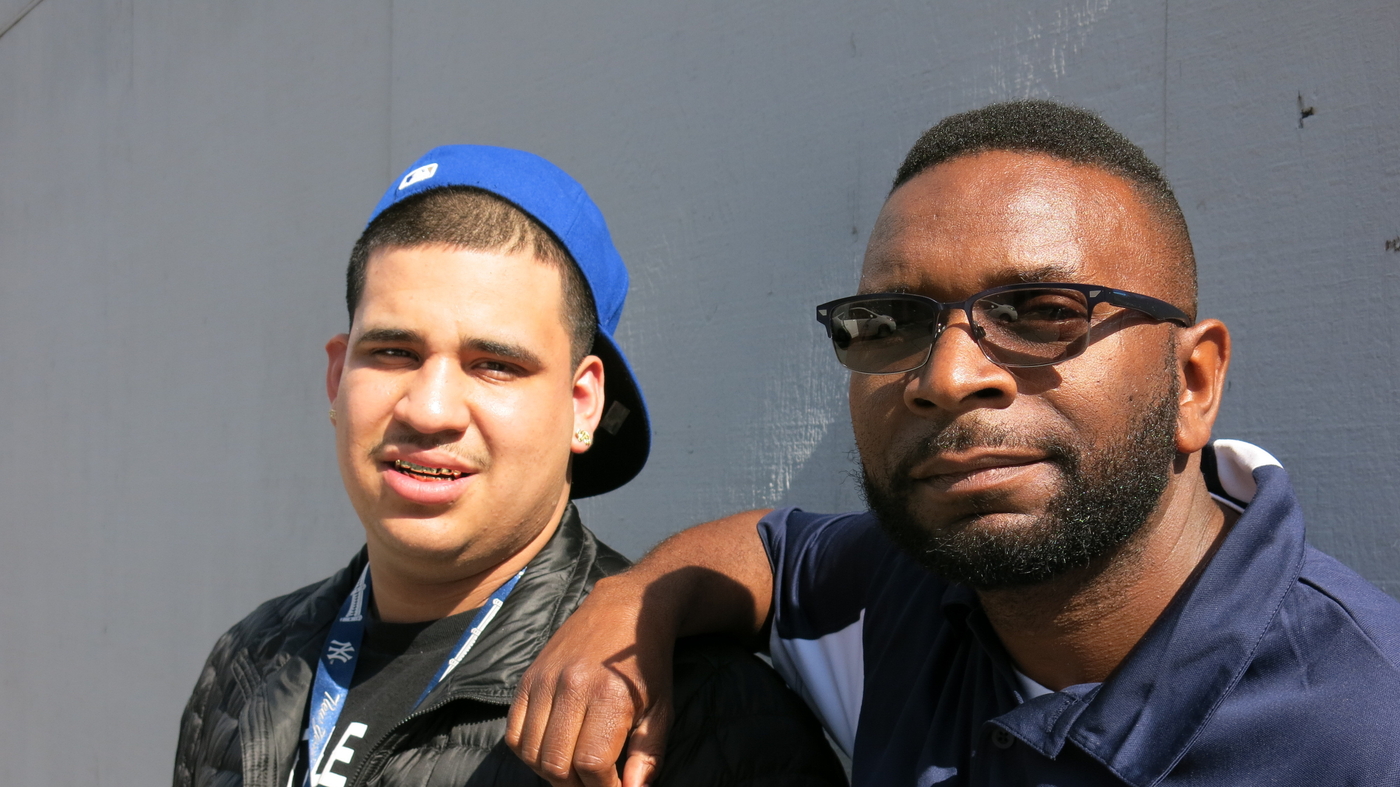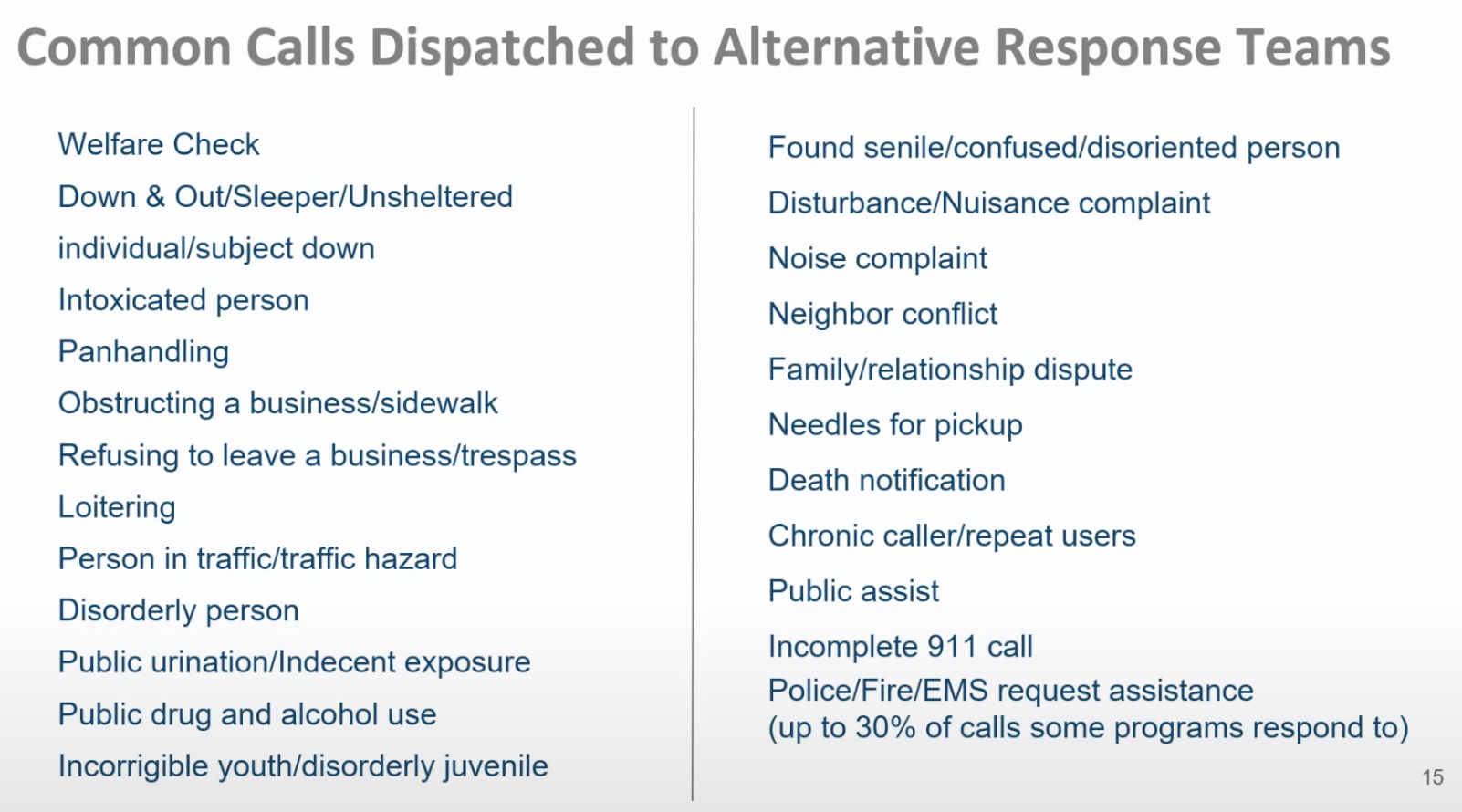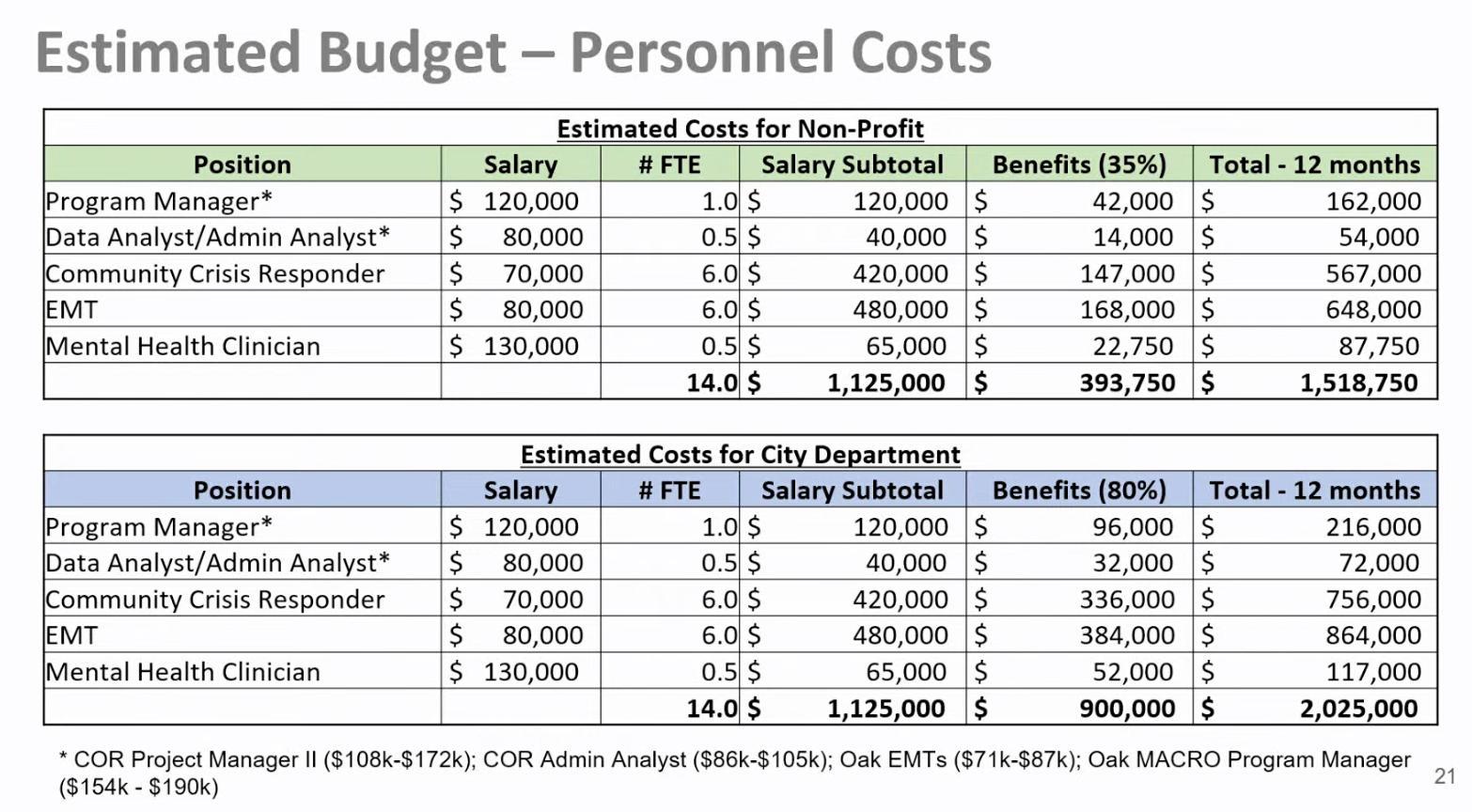

The Richmond City Council is initiating a plan to create a non-police alternative response team for low-level emergency calls within the city’s Office of Neighborhood Safety.
The Richmond Community Crisis Response Program is a pilot initiative for a non-police response to calls from Richmond residents staffed by team members who are familiar with Richmond.
City Councilmember Claudia Jimenez made a motion to direct the staff to move forward with the option to institute the team within an existing city department, the Office of Neighborhood Safety, at Tuesday night’s meeting. The motion passed with Councilmember Sohelia Bana voting no and Councilmember Melvin Willis absent.
“I would like to make a motion that we direct staff in partnership with Urban Strategies to move forward with option 2, putting community crisis response programs within an existing city department specifically with ONS,” Jimenez said.
The council tasked ONS with creating a proposal for the program implementation by November of this year, drafting and approving job descriptions by the middle of December, and a timeline to launch the program by August 2024.
“We are championing this because alternatives to police in many situations are needed. We believe in a system of care that is really serving the community,” Jimenez said. “We are not saying here that we don’t need police but that we need alternatives.”
Councilmember Soheila Bana said she wanted to have a successful program but didn't think the council was ready to make a decision. Bana urged the council to wait until they received a presentation by the county's A3 program on September 26.
"I would like to urge my colleagues to wait until we have that presentation. They are receiving 20 million per year from just Measure X, and then they are going to receive money from MediCal. We want to have a successful program so we don’t have to rush into it," Bana said.
Vice Mayor Gayle McLaughlin said she loved combining the crisis team or working with the Office of Neighborhood Safety.
“I don’t think Sam Vaughn needs to oversee it because he has his hands full, but it definitely will be like a sister organization,” McLaughlin said. “One deals with gun violence prevention, one deals with mental health response and other responses where police are not needed.”
The Office of Neighborhood Safety provides and coordinates targeted intervention services to people likely to be involved in gun violence.
 NPRRichard Gonzales
NPRRichard Gonzales
City officials have credited ONS with reducing gun violence in Richmond. The ONS recently received a $6 million grant from the California Violence Intervention and Prevention program.
Office of Neighborhood Safety Deputy Director Sam Vaughn said ONS is proud that the city sees them as a viable resource and continues to look for ways to enhance their work.
“The conversations around CCRP are new and ongoing, and we look to be creative in ways we can all make it work,” Vaughn said.
According to the Urban Strategies Council report, the Richmond Police Department would dispatch low-priority calls received through 911 or the non-emergency number that meets the identified criteria for CCRP response.
The crisis team would focus on de-escalating, mitigating, and preventing escalation or repeated emergency situations. Staff would connect residents to services and other forms of support.
The secondary goal of CCRP is to enable the Richmond Police Department officers to focus on more serious calls, crimes, and investigations. CCRP is expected to be separate and independent of the police department.
Richmond Police Chief Bisa French said the department has supported an alternative response team since it was first discussed in 2020 and was ecstatic that the program is progressing.
“While I’ve been disappointed that it has taken so long for the proposal, I am hopeful that we are moving in the right direction and the development of an alternative response team will provide some much-needed relief for my officers,” French said.
Urban Strategies Program Manager Anne Janks said a team of well-trained community members would respond to a wide range of calls, not just mental health calls. The team would not include professional clinicians and would not handle the same types of calls as Contra Costa County’s A3 (Anyone, Anywhere, Anytime) program, which provides mental and behavioral health crisis services.
“Well-trained people who have some level of experience can safely respond to calls. The dispatchers are helping to ensure they are being sent to the right calls. Then you are relying on people having the autonomy to make decisions on the street for their own safety,” Janks said.
The specific types of calls to be handled by the alternative response program will be developed by CCRP staff, the Richmond Police Department, the Richmond Fire Department, and 911 dispatchers). Situations that are commonly and successfully responded to by such programs include public intoxication, noise complaints, and trespassing.

Richmond Police Officer Association president Ben Therriault said many people working in law enforcement believe the police shouldn’t be the catch-all for everything the community needs.
“Limiting the role of police in certain social service providing is probably a good idea. But partnering with police is always essential for these types of models to be successful,” Therriault said.
Therriault, who is also a member of the Reimagining Public Safety Community Task Force, said the program is going to be a lot more complex than people report it to be.
“A program like this will take time. If you think and look at a successful program like Cahoots, you will see that they actually work well with police and say partnership is essential,” he said. "Some of the people who have spoken before have the idea that defunding the police is a necessary component for success. That just is not the case."
The program would run 24 hours a day, seven days a week, with 14 employees. Urban Strategies estimated the pilot project would cost just over $2 million to implement the program for 12 months within an existing city department.

Help keep our content free for all!
Click to become a Grandview Supporter here. Grandview is an independent, journalist-run publication exclusively covering Richmond, CA. Copyright © 2023 Grandview Independent, all rights reserved.
